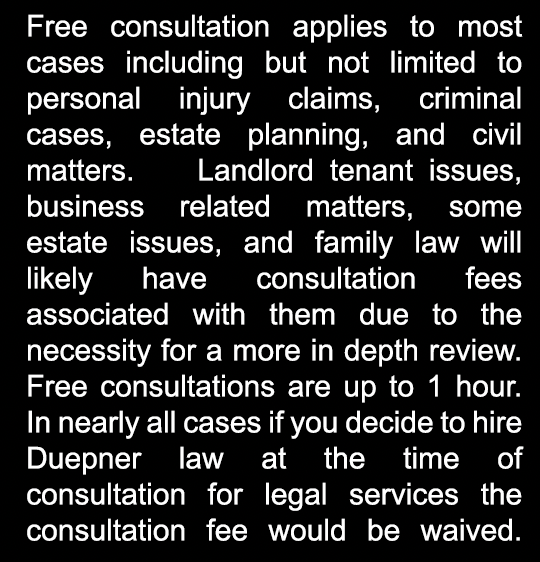Have you or your child been arrested or had a Juvenile Delinquency petition filed against them? Indiana courts differ from adult crimes, as opposed to crimes charged against juveniles or minors. These cases begin by a crime being alleged to be committed by a juvenile, and the State of Indiana, by its individual prosecuting attorney, filing a corresponding petition alleging that the child is a delinquent child. This is true for criminal acts, as well as some other acts that are not necessarily criminal, if committed by an adult. Examples of that include: leaving home without parental permission, violation of school attendance rules, disobeying the child’s parent, curfew violations, fireworks violations, and alcohol violations.
So as you can see in Indiana, courts may have exclusive jurisdiction over various juvenile charges. As with anything else, there are exceptions to this rule. Several charges will result in an automatic transfer to adult court for a juvenile. An example of this is when an individual (child) is sixteen (16) years of age or older, and has been charged with Attempted Murder, Murder, Kidnapping, Rape, Robbery, Carrying a hand gun without a license (if charged as a Felony), among others. Even when a juvenile has not reached that age, they may still be transferred to adult court, should the prosecuting attorney file a petition to do so, and the Court grants the request.
Your child has been alleged to commit a delinquent act, what next? Well in some circumstances, your child may be eligible for what is called Informal Adjustment or Diversion. The beginning steps of this program sees the juvenile, and the juvenile’s parent or guardian report to the probation office to meet with the Probation Department. Typically this is done prior to the actual petition for delinquency being filed. The probation department then may make a recommendation to the Prosecutor’s office on whether the juvenile is a good candidate for the Informal Adjustment program. Once the recommendation is made, then the child, parents, or prosecuting attorney must consent to the program The program is over a period of months, and if the child meets all of the requirements. So why would one want to do Informal Adjustment? Because in these cases, a child may not actually be adjudicated as a delinquent, but rather have the case dealt with informally through a local county probation department, without the need for formal judicial intervention.
If a child is not found to be eligible for Informal Adjustment, or the State of Indiana decides to move forward with a Delinquency Petition, there will then be various court appearances necessary on behalf of the juvenile. For these cases, it is important to have an Indiana Juvenile Delinquency Attorney to represent your child. So what hearing is first? Well in Indiana, we have what is called an “Initial Hearing”. Typically the child, the child’s parent or custodian are issued a summons, and copy of the petition for delinquency. At the Initial Hearing, the Juvenile Court will inform the child and parent of the nature of allegations, the child’s legal rights, jurisdiction, and dispositional alternatives. There are various rights, that are similar to those an adult charged with a crime would have. These include things such as: the right to counsel, right to speedy trial, right to confront witnesses, right to cross-examine witnesses, right to obtain witnesses or tangible evidence by compulsory process, introduce evidence on child’s behalf, refrain from testifying again themselves, and having the state prove beyond a reasonable doubt. There are other rights, and things that are discussed at an Initial Hearing. These are things that our Indiana Juvenile Delinquency Attorneys will walk you through the process.
Other types of hearings include fact finding hearings and dispositional hearings. The fact finding hearing is a trial to determine what are the allegations, and facts of the case. Unlike an adult, there is no jury trial. The judge hears the trial (what is commonly referred to as a bench trial), and determines judgment in the case. The State of Indiana will be required to prove the allegations of the Delinquency Petition beyond a reasonable doubt. The State of Indiana has the burden. The juvenile however has the right to put on their defense as mentioned above. Your attorney will be trained in how to best present this evidence. If the allegations are found to not been proven, then the proceedings and case ends there. If the allegations are found proven, then the Court will set what is called a Dispositional Hearing.
A dispositional hearing is a lot like a “Sentencing Hearing” that adults involved in the criminal justice system will see. At the dispositional hearing, the Juvenile Court determines the disposition of the case. These things can range from probation to alternate placement. These things can range from case to case.
To learn more about Indiana juvenile delinquency charges, petition, hearings, and the rights that a juvenile may have, please set up a free initial consultation with our experienced Indiana Juvenile Delinquency Attorneys at Duepner Law.

